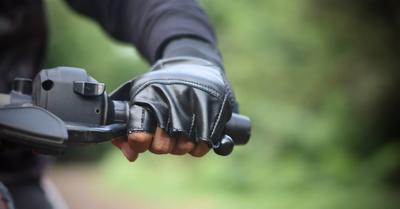Why Did States Begin Requiring Motorcycle Helmets?
In 1967, the federal government required states to enact helmet protection laws for motorcyclists as a condition of receiving federal tax dollars to fix their infrastructure. Most states complied, although a few didn’t because they did not want to lose their share of the pie. Despite the public outcry against the mandatory measure, most states enacted laws.
In fact, by the early seventies, 47 states and the District of Columbia have some kind of universal helmet law in place.
In 1975, the Sec. of Transportation considered suing three states with no law or less than universal coverage (Illinois - where the law had been declared unconstitutional, California, and Utah). Due to the controversial nature of the laws (many riders refused to comply), Congress repealed the mandatory requirement for highway funds. This new law opened the door for about 25 states to repeal or modify their existing laws, which many did, to the delight of motorcyclists everywhere.
What States Require Motorcycle Helmets?
Presently, only three states do not require headgear for operators and riders of motorcycles, Iowa, Indiana, and New Hampshire. The rest states have laws, but they vary from state to state. For example, some have restrictions on younger passengers or operators (under 17 years), while other states blanket all riders and operators regardless of age.
Are Mandatory Laws Effective in Making Riders Wear Helmets?
A study in 1991 by the GAO (General Accounting Office) found that the states that had universal laws requiring all riders to wear helmets had a 92 - 100% compliance level. The states with modified laws or no helmet restrictions averaged 49 - 52%.
Over the years, multiple studies have found that using helmets drastically reduces the likelihood of injury and death for passengers and operators. A recent study by NHTSA found that in 2020, the number of fatalities of operators or passengers of motorbikes was 5,579, and over 36% of the operators who perished were not carrying valid licenses for the operation of a motorcycle. The same study found that riders of motorcycles were 28 times more likely to die than when traveling in a passenger vehicle. Even though riding on a motorbike without a helmet may be allowed by law, it is a dangerous practice to follow.














